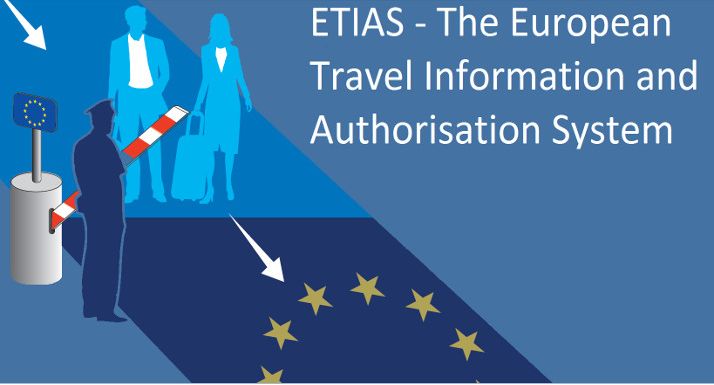Non-EU Travellers May Have to Pay €7 Fee to Enter Schengen Zone
People from visa-waiver countries may have to pay a seven-euro fee to obtain authorisation to enter the Schengen Area, according to the European Commission’s proposal, unveiled on Wednesday.
The Commission has proposed to establish a European Travel Information and Authorisation System (ETIAS) to strengthen security checks on visa-free travellers.
The ETIAS will gather information on all those travelling visa-free to the European Union to allow for advance irregular migration and security checks.
According to the Commission, this will contribute to a more efficient management of the EU’s external borders and improve internal security, whilst at the same time facilitating legal travel across Schengen borders.
“ETIAS is the missing link in our border management, connecting the dots with our migration and security policies and enhancing Schengen entry for at least 95 percent of visa-free travellers”, Migration and Home Affairs Commissioner Dimitris Avramopoulos said, adding that Europe’s openness does not come at the cost of its security.
The Commission underlined that the ETIAS authorisation is not a visa, but a lighter and more visitor-friendly regime.
Authorisation would be obtained after filling out a form online that would take 10 minutes to complete. The authorisation would be valid for a period of five years and for multiple travels. It is estimated that 95 percent of persons will get clearance within a few minutes.
An application fee of seven euros will apply to all applicants above the age of 18, according to information provided by Frontex, the European Border and Coast Guard Agency.
Information requirements would include: Name, travel document, nationality, residence, education and occupational details, whether applicant has been subject to diseases, existence of criminal offences, previous stays in a specific war or conflict zone, etc.
“Terrorists and criminals don’t care much for national borders. The only way to defeat them is by working together effectively. ETIAS will help do that: by spotting problem individuals and stopping them from coming, we’ll enhance Europe’s internal security”, Security Union Commissioner Julian King said.
The ETIAS will be managed by the European Border and Coast Guard in close cooperation with the competent authorities of the Member States and Europol.





